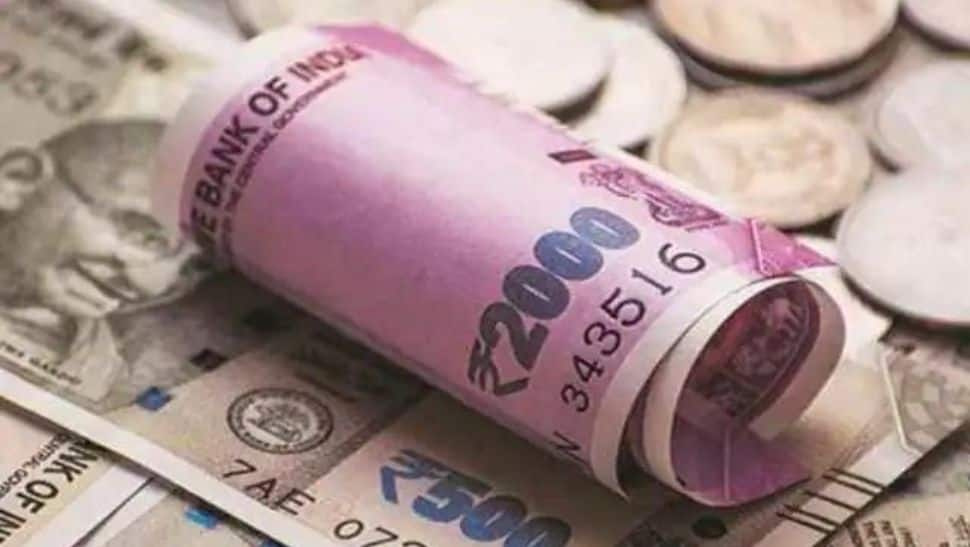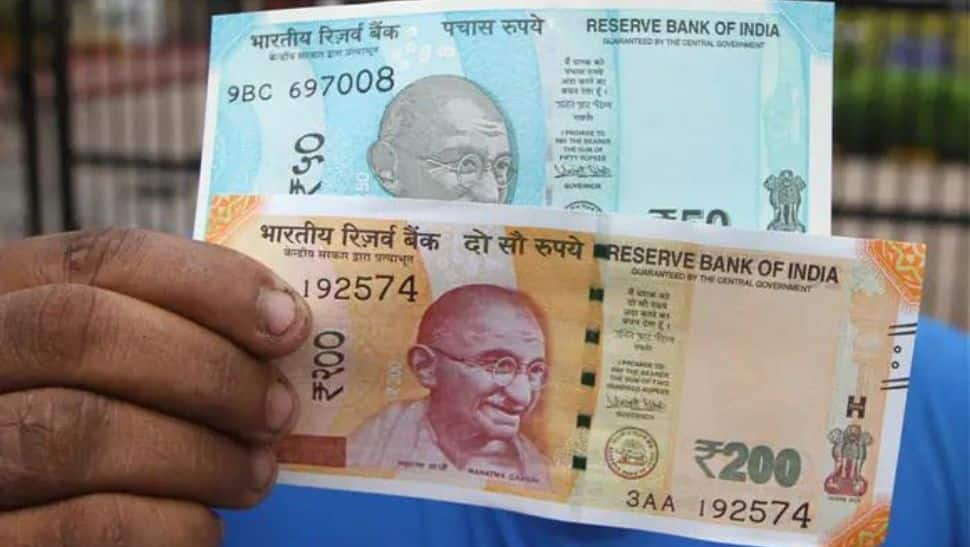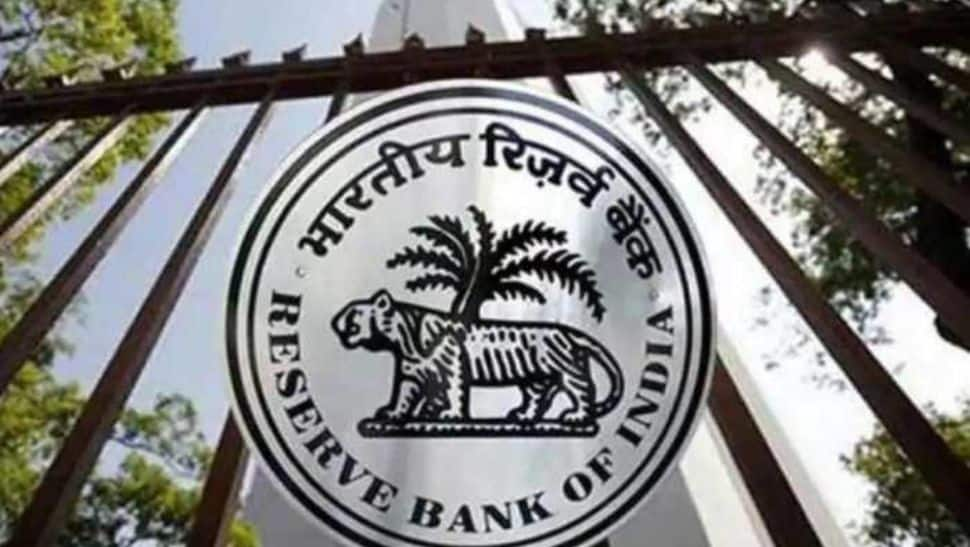Explained --RBI Digital Rupee Vs UPI, check key features of RBI e₹-R
Digital rupee vs UPI
)
After launching India's first digital rupee pilot project for the wholesale sector on November 1, the Reserve Bank of India (RBI) launched a first pilot programme for retail digital rupees (e-R) today i.e on December 1 in a historic move. The Central Bank Digital Currency is another name for the digital rupee. It is a computerised representation of RBI cash notes. The new development has ignited a lot of curiosity among people as to what is the key difference between RBI Digital Rupee and UPI or the both are the same. Continue reading to find out the answer to your curiosity.
Bank deposits

The digital rupee differs from UPI in that it may be converted into other types of currency, such as bank deposits, but it does not accrue interest like cash.
Apps

The digital rupee, or e-R, would be available for use by users using a digital wallet provided by the participating banks and kept on mobile phones or other devices rather than the selected apps through which UPI works.
Selected banks will distribute digital rupee

According to the RBI release, eight banks have been chosen to participate in this trial project in phases. In the case of UPI, each and every bank offers the service.
Denominations

The digital rupee would be distributed in the same denominations that coins and paper money are now distributed in. UPI didn't have any denominations.
Liability

Banks bear the responsibility for digital currency or UPI payments. However, in the case of the digital rupee, the RBI is responsible.
Trending Photos








